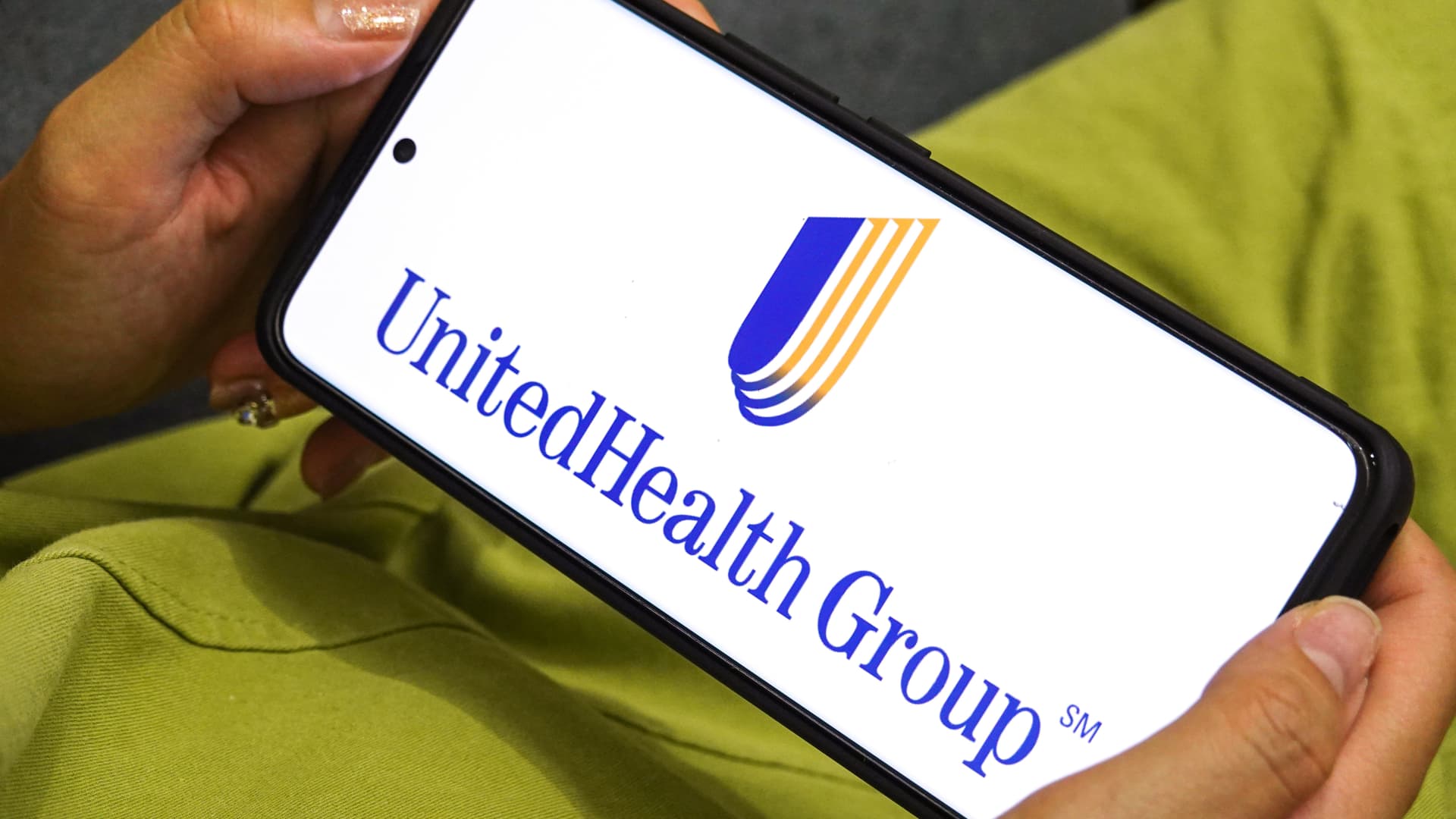Grand Rounds merges with Doctor on Demand to form multibillion-dollar digital health company

Hill Ferguson, CEO, Doctor on Demand
Scott Mlyn | CNBC
The Covid-19 era has minted multiple billion dollar-plus online health companies as well as spawning one of the biggest acquisitions of 2020, when Teladoc acquired Livongo for $18.5 billion.
Now, a year into the pandemic, two venture-backed health-tech companies — Grand Rounds and Doctor on Demand — are joining forces to try and address some of the deepening complexities of the U.S. health-care system. The companies will retain the Grand Rounds name for the time being and its CEO, Owen Tripp, will lead the combined company, while Doctor on Demand CEO Hill Ferguson will continue to run that side of the company and will join the board.
Grand Rounds offers a service that businesses provide to employees as a benefit to help them find the right care, coaching and expertise for specific conditions and diagnoses. Doctor on Demand is a virtual health provider that connects patients with doctors and mental health professionals. Both companies have seen a spike in usage since early 2020.
“As it became more and more obvious to us that virtual care was ushering in a new wave of adoption and peoples’ perspectives were changing in real time, I think we both recognized that there was an opportunity to do something to really get ahead of the pack,” said Ferguson in an interview.
Ferguson and Tripp said they started discussing a potential deal in the early days of the pandemic but quickly got too bogged down by patient demands to make anything happen. They said the transaction finally started coming together in December, while they were both on holiday.
Owen Tripp, CEO of Grand Rounds Health.
Source: YouTube
“We ruined each other’s family vacations,” said Tripp.
Grand Rounds was last valued at $1.34 billion in a financing round in mid-2020, while Doctor on Demand was valued at about $820 million around the same time, according to SharesPost. No new valuation is being established in the merger, as it’s an all-stock combination without any fresh capital from outside investors. The companies claim to have hundreds of millions of dollars in combined annual revenue.
Tripp and Ferguson say the central problem they’re tackling is a lack of coordinated care for patients. The fragmented and disorganized health system in the U.S. puts the burden on patients to figure out who they should see and when and whether a particular provider or procedure is covered by their insurance. Medical records remain difficult to track, and providers are often overworked and have little financial incentive to produce the best outcomes for patients.
“For both of us, it’s maddening how non-user-centric health care is,” Tripp said. “It’s massively uncoordinated.”
Tripp co-founded Grand Rounds in 2012 to create a service that works on behalf of the patient to navigate the system and help find the right answers, whether that means locating the best specialist or making sense of insurance claims. Grand Rounds competes with Accolade, which went public last year and is now valued at about $2.5 billion.
Doctor on Demand was also founded in 2012 by a team that included Phil McGraw (also known as Dr. Phil) and his son, Jay McGraw. Hill joined as CEO in 2016, replacing the third co-founder, Adam Jackson.
Ethan Miller | Getty Images Entertainment | Getty Images
Doctor on Demand is one of the leaders in the telehealth market, which exploded last year as patients sought to avoid hospitals and clinics except in emergency situations.
The company competes with Teladoc, which has a market cap of close to $31 billion after last year’s acquisition of remote health-care management provider Livongo. Other rivals include Amwell, which went public last year and is valued at more than $5 billion, and MDLive, which was acquired by Cigna in February for an undisclosed amount.
As virtual care becomes more commoditized and some number of telehealth visitors return to seeing their doctors in person, the challenge will be creating a sustainable business that does more than just connect patients with available medical experts. Tripp said that Covid covered up a lot of the complexities of online health because telehealth providers were so busy dealing with the volume.
“In my mind this deal is signaling the future of digital health,” Tripp said. “It’s actually not a comment on the year we’ve just been through.”
The new board will include Venrock’s Bryan Roberts, who backed both start-ups, as well an investor from each company. Also joining from the Grand Rounds board is Kathleen Sebelius, former U.S. Secretary of Health and Human Services.
Disclosure: Comcast Ventures, the investing arm of Comcast, owns a stake in Accolade. Comcast also owns NBCUniversal, the parent company of CNBC.
WATCH: K Health and Heal founders join CNBC’s Disruptor 50 Summit
